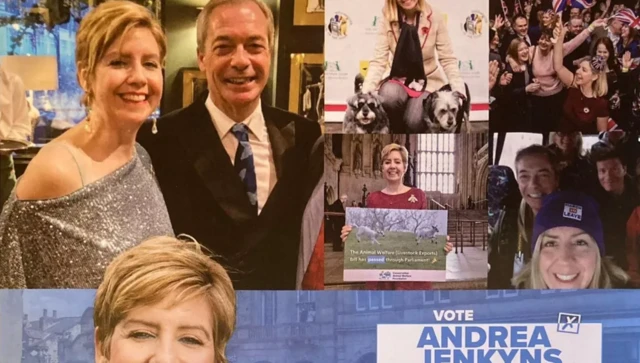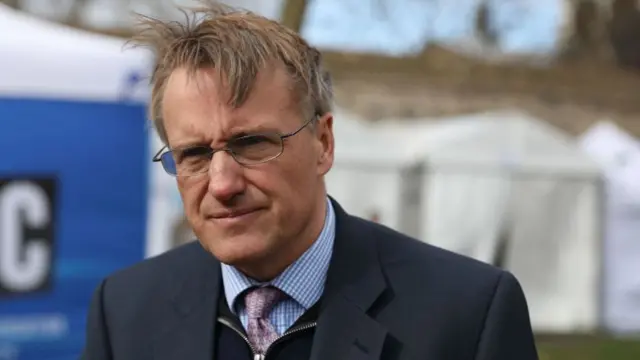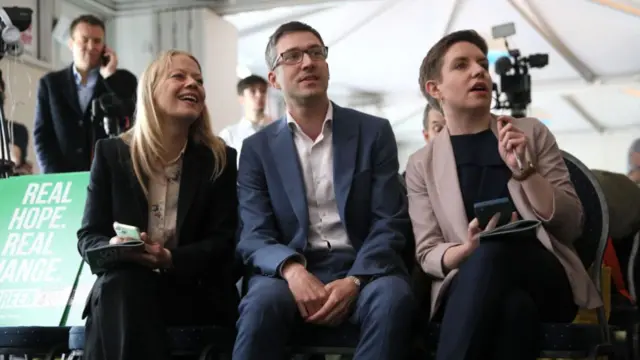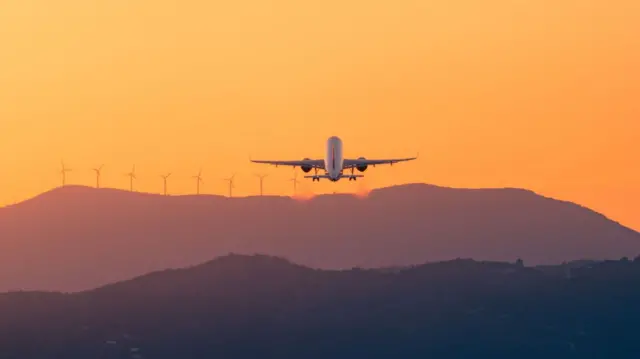Tory candidate defends using Farage pic on leafletpublished at 15:21 BST 12 June 2024
 Image source, Andrea Jenkyns
Image source, Andrea JenkynsElsewhere on the campaign trail, Conservative candidate Dame Andrea Jenkyns has defended using pictures of herself alongside Reform UK leader Nigel Farage on her election leaflet.
The larger photo of the pair was taken at Farage's 60th birthday party in April, and another smaller picture shows her alongside Farage again.
In a statement, a spokesperson for Jenkyns - who is staunchly pro-Brexit and was the first Tory MP to call for a vote of no confidence in Rishi Sunak's leadership - confirmed the authenticity of the leaflet.
The statement says that Jenkyns finds it "regrettable" a deal between the Tories and Reform was not agreed to before the election, but that she is "standing for the Conservative Party" at this election.
You can read more on that story here.












